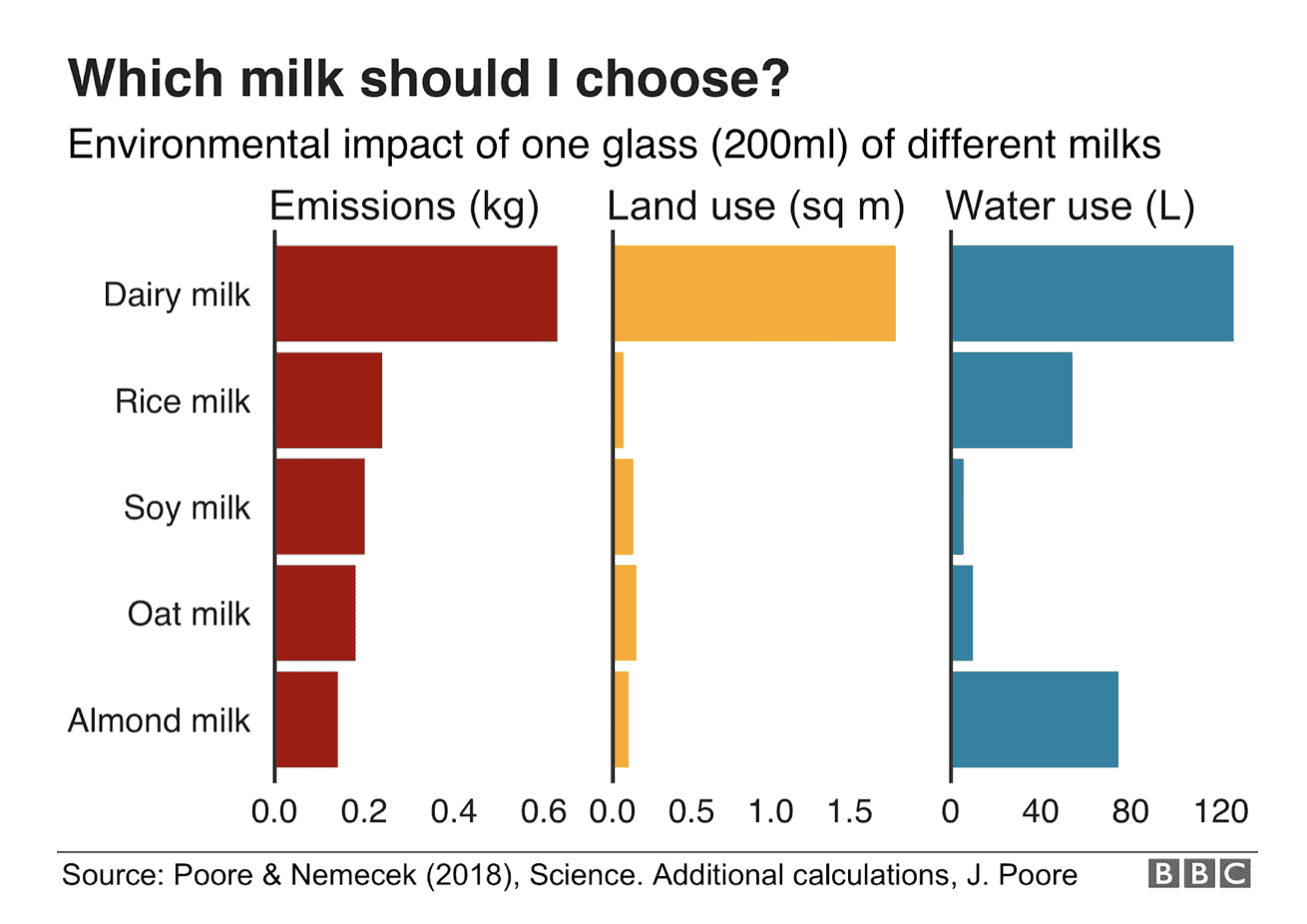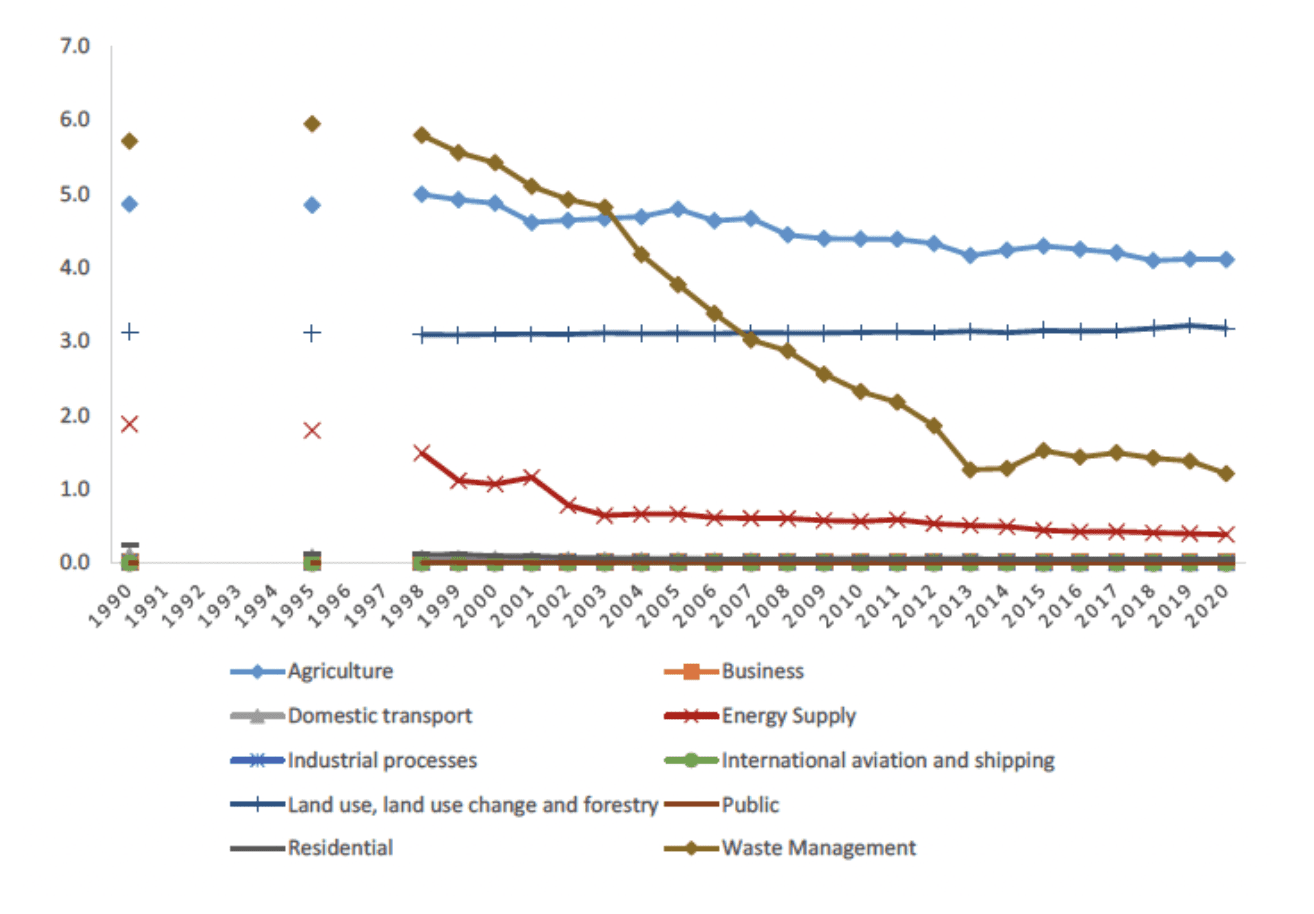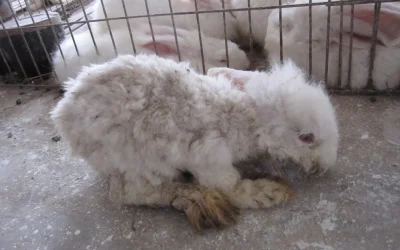Blog

Edinburgh made history on January 18, 2023, as the first European capital to endorse the call for a global Plant Based Treaty as a companion to the Paris Agreement. The endorsement followed a thorough impact assessment report and along with the endorsement, Edinburgh has made a commitment to creating an action plan and timeline for implementing potential changes to council activities.
Following the endorsement, Ben Parker, Co-Convenor of the Greens in the City of Edinburgh Council said, “To sign the treaty is to show that we take our climate commitments seriously, and recognise the science behind the climate emergency – that is, to know that food systems are key drivers of emissions, and that plant-based foods must figure as part of the solution to tackling climate change. Furthermore, I hope that other Councils in Scotland – and the rest of the UK – can follow our lead on this too.”

Scotland’s forward-thinking policies
Scotland has a reputation for being a trailblazer when it comes to taking decisive and forward-thinking action. In 2014, Scotland legalized same-sex marriage, and in 2018 it became the first country globally to offer free menstrual products in schools, colleges, and universities, ensuring that all students can access essential hygiene products.
In the same year, Scotland also became the first nation to introduce minimum unit pricing for alcohol, with the aim of reducing the harm caused by excessive drinking. Additionally, Scotland was the first country in the world to declare a climate emergency, recognizing the urgent need to tackle the climate crisis, and set an ambitious target of achieving net-zero greenhouse gas emissions by 2045, five years ahead of the UK government’s target.
The surging popularity of plant-based diets in Scotland
A recent Vegan Society survey from 2021 revealed that Scotland has the strongest support for plant-based diets compared to any other UK nation. The survey found that 30% of Scots believe that the government should promote plant-based diets as a way to address climate change, and 59% wanted to see plant-based milk offered in public health initiatives for children.

Oat milk has also emerged as the plant-based milk of choice for many Brits, according to research by Mintel. The popularity of oat milk has skyrocketed in recent years, with UK consumers spending £146 million on it in 2020, up from £74 million the previous year. In fact, one in three Brits now drinks plant-based milk, a record high, with usage increasing from 25% in 2020 to 32% in 2021. Among those aged 25-44, almost 44% are now plant-based milk users, reflecting a growing awareness and interest in the benefits of plant-based diets and sustainable food choices.
Oat milk and Scottish roots
When most people think of Scotland, they may picture tartan kilts, bagpipes, and whisky. However, there’s another Scottish staple that is growing in popularity worldwide: oats. Oats have long been a staple food in Scotland, with a vibrant history dating back to the Bronze Age. In addition, Scots have enjoyed oat milk as far back as the 1500s when Brose, the oat drink of the time, was served cold out in the fields on hot summer days during the harvest. However, by the 1960s, with the changing landscape of the farming industry and global trends, oat drinks disappeared from the scene.
Today, Scotland remains one of the world’s largest oat producers, with a thriving industry that is beginning to branch out into plant-based milk production. The recent ‘re-discovery’ of oat milk, which tastes great, is nutritious, better for the environment and serves to preserve Scottish heritage is a perfect opportunity to use one of Scotland’s most successful and naturally grown commodities to drive a shift to sustainable diets.
How to make low cost oat milk at home
Why plant-based milk is the way to go
The production of dairy milk is a major driver of environmental crises, including climate breakdown and biodiversity loss. It accounts for a significant portion of greenhouse gas emissions and requires vast amounts of resources such as water, land, and feed. On the other hand, plant-based milk has a much smaller environmental footprint, requiring far less water and land and generating fewer emissions during production.

In Scotland, the largest source of methane emissions comes from agriculture, largely driven by cattle farming. As you can see from Scotland’s official statistics below, methane emissions in Scotland have dropped slightly since 1990 as a result of a decrease in cattle and sheep herds.

Since 1998, some methane savings have been achieved through concerted action on food waste but now it’s time to tackle the biggest culprit. The UN 2021 Methane Assessment Report shows that methane cuts of around 40-45% are required by 2030 to avoid global temperature rises above 1.5C.
Shifting to plant-based diets, including the mass adoption of plant-based milk, will not only deliver significant cuts to methane emissions but will allow us to reclaim land for rewilding and carbon storage. We know that even if we were able to end all fossil fuel production tomorrow, the food system alone would send global temperatures soaring above 1.5C warming. Therefore, making the shift to a plant-based food system is essential for addressing the climate emergency.
Scottish plant-based milk industry
Despite the lack of large-scale oat milk manufacturers in Scotland, there is a burgeoning interest in plant-based milk. Some Scottish companies have already started producing it, including Three Robins and Untitled Oats, both based in Edinburgh. Another brand, Brose Oats, uses Scottish water and oats and boasts sustainable packaging. Glasgow-based Rebel Kitchen offers a range of plant-based milk options, including oat milk and coconut milk. By supporting these local businesses, consumers can contribute to the growth of the Scottish oat milk industry while also promoting sustainable and ethical practices.

The formation of the Association of Independent Oat Milk Producers in Scotland in 2021 signals the growing momentum of the plant-based milk movement. With support from SAC Consulting, a branch of Scotland’s Rural College, the association seeks to encourage collaboration and drive development within the Scottish oat milk sector. The idea for the group arose from a surge of interest among farmers and growers, who had been reaching out with numerous inquiries.
5 ways institutions and businesses in Edinburgh can spark a plant-based milk revolution in Scotland
Scotland has the potential to become a world leader in climate-friendly oat milk production benefiting the country and boosting Scotlands’ green reputation; as the capital, Edinburgh can lead the charge in the mass adoption of climate-friendly plant-based milk.
Edinburgh is will produce a report by the summer of 2023 to identify how to implement plant-based policies citywide; here are five ways we think they can champion oat milk:
- Oat milk can be made the default option in drinks including tea, coffees, lattes, milkshakes and smoothies, with dairy available only on request
- Adding a surcharge when opting for dairy milk to subsidise plant-based milk to help consumers purchase climate-friendly options at more affordable prices
- When preparing food and recipes, simply switch dairy milk or cream for oat milk or cream for a climate-friendly option
- Add greenhouse gas emissions labels to menus to inform consumers about the environmental impact of their food choices
- Public information campaigns can champion Scottish oat milk production and the benefits of choosing oat milk over dairy
Explore our PBT 1.5 Playbooks and find a variety of lobbying resources and tools designed to help cities and their institutions make the switch to sustainable practices.

Nicola Harris has over 20 years experience in pressure campaigning in the UK and is a director of communications. She studied Psychology and Computing at Bournemouth University where she learned how to apply our knowledge of human memory and information processing for application in communication, copy writing and media strategies.
More from the blog
Canadian Plant-Based Nutrition And Lifestyle Medicine Conference – Introduction To Blog Series On Diet Change
By Miriam Porter
7 Reasons Never To Wear Angora
By Miriam Porter
Inspiring change towards a more vegan supply
By Nilgün Engin



